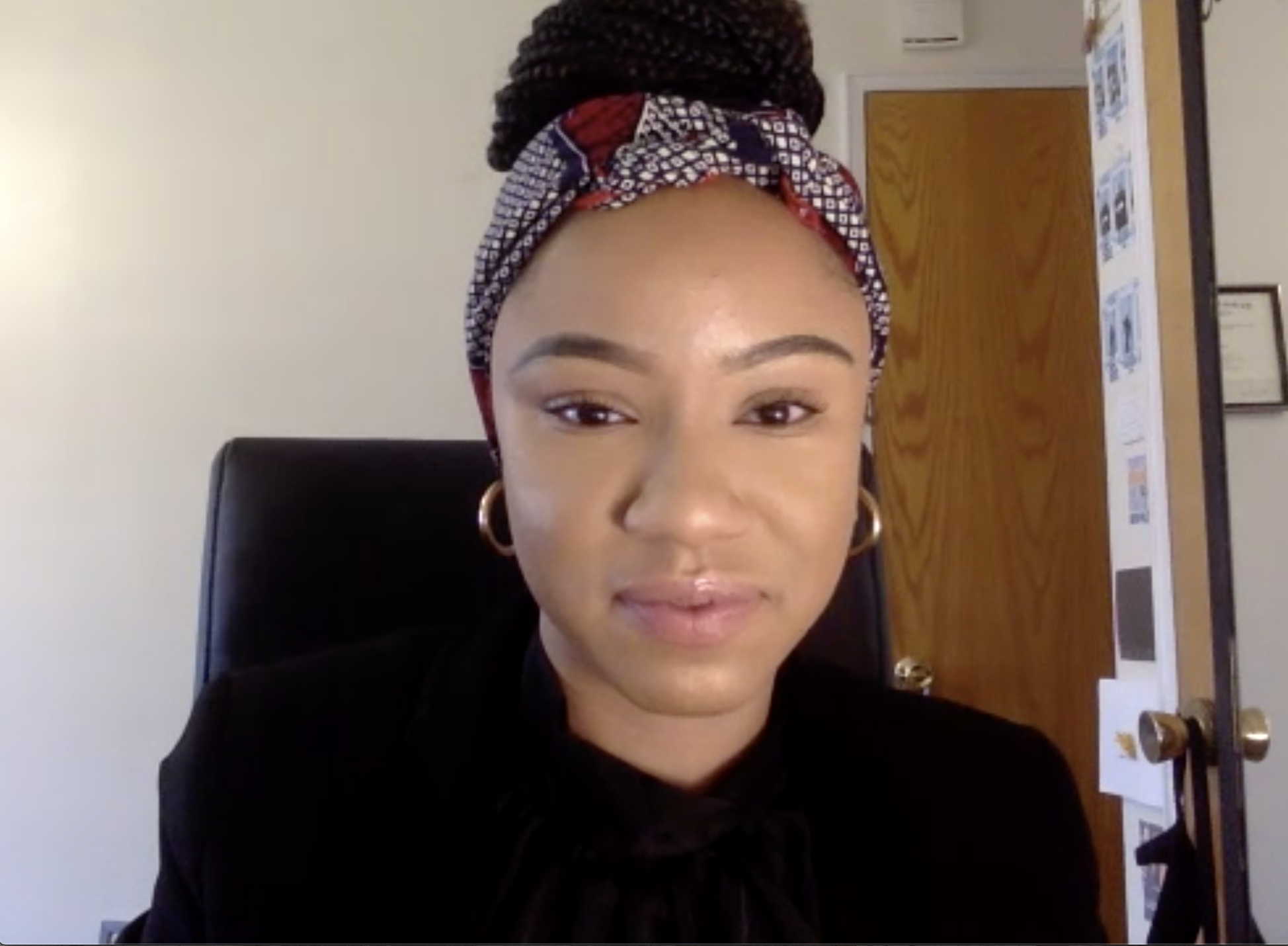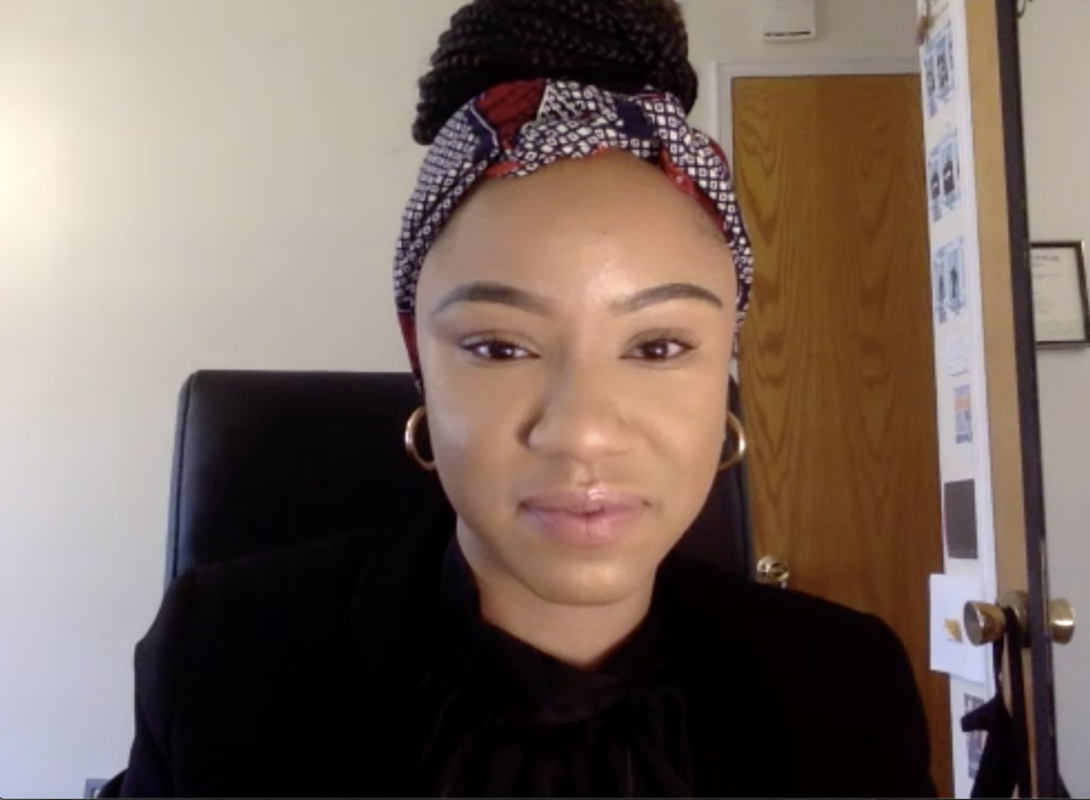A Shot At A Fair Future: Foster Youth Call on Mayor To Fund Essential Programs


Foster youth and elected officials called on Mayor Bill De Blasio yesterday to secure essential funding to support young people in foster care across Brooklyn and NYC.
Fair Futures, a coalition of child welfare agencies, nonprofits, and foundations, connects foster youth with dedicated coaches to provide them with social and emotional support in building career and academic-oriented life skills. They serve more than 3,000 youth between the ages of 11 to 21 in foster care across the city.
In order to continue offering these services, the organization needs $20 million in funding from the city.
“Despite the vital importance of Fair Futures for foster youth like me, funding for the citywide model remains in the balance at the end of this fiscal year. If it’s not baselined this year, the City could leave thousands of young people high and dry without support,” said Ericka Francois, Fair Futures Youth Advocacy Board Coordinator.
The virtual rally, run by Francois, was attended by council member Stephen Levin, as well as Robert E. Cornegy and Antonio Reynoso, who are both running for Brooklyn Borough President this year. Also present were Borough President Eric Adams, who is running for Mayor, and NYC Public Advocate Jumaane Williams.
Fair Futures
Fair Futures was launched in late 2019, with help from council member Stephen Levin, and was presented as a model for the nation at the time.
“In New York City, we’re doing everything we can to make sure more doors of opportunity are opened for youth in foster care,” said ACS Commissioner David A. Hansell in the announcement. “New York City will serve as a national model by becoming the first city in the nation to provide dedicated coaches for youth in foster care. Promoting educational opportunities for young people in care, and providing support and guidance, are critical for ensuring success in adulthood and that’s why ACS will continue to make critical investments and support programs that focus on these priorities.”
While nearly 3,000 young people have been partnered with coaches since then, there are more than 4,000 middle-school and high-school aged children in foster care across NYC. Every year, 600 to 700 of them turn 21 and age of the system, which means they no longer receive any kind of support. One in five foster kids end up in a homeless shelter within three years of aging out, and Fair Futures is planning on expanding its services to support foster youth up until they are 26 years old.
“What would I have done throughout the years if at 21 I no longer had parental guidance?” Brooklyn Borough President Eric Adams said. “People think that because you reach 21 that you no longer need the guidance and wisdom of an adult in your life.”
A Focus on Minority Youth
Black youth and youth of color are overrepresented in the foster care system. Statistics show that 75.9% of youth in foster care are minorities, 40.4% are Black and 17.5% are Hispanic or Latino. In New York, only about 21% of foster youth manage to finish high school by the time they are 21 years old, compared to 67% nationally, and only 12% go on to college or pursue further education.
Public Advocate Jumaane Williams remarked at the event that although after Trump’s removal from office the country has returned to “normal levels of bigotry,” minority youth still do not have equal access to resources. He said, “We need to knock down the structural issues that have been happening in our communities.”
Black people and people of color, even those who are not foster youth, are disadvantaged when it comes to education and employment opportunities, and make up more than 75% of the homeless population in New York City.
“We’re going to be defined by how we treat the most vulnerable,” said Council Member Antonio Reynoso.
Pandemic Troubles
Funds for the most vulnerable are especially essential during a pandemic. Anthony Robinson, a coach for the JCCA, a member of the Fair Futures coalition, said, “During the pandemic, we all know that financial hardship has come about one way or another. For our foster youth, this presented a major barrier”.
Another coach, Amelia Ramierz, discussed how throughout the pandemic, she has worked harder than usual to ensure that youth under her care were able to transition to online learning, as well as find employment and housing during turbulent times. She has even been meeting up with foster youth for socially distant walks, as emotional support and social interaction are just as important for personal development.
“We’ve already seen first-hand how much of an impact Fair Futures has had on youth in care during the program’s first year,” said Councilmember Stephen Levin. “But now, during a global pandemic, it’s more important than ever before to ensure that we are providing the funding necessary to maintain the support systems put in place by this program.”
Fighting for Funds
Mayor Bill De Blasio has tried to make cuts to Fair Futures already. Last year, the city gave the organization $12 million in funding, after trying to cut $10 million even from that amount, although Fair Futures advocates asked for $20 million. While private philanthropies were able to donate the remaining $8 million to keep programs sustained, the organization cannot rely on private funding.
The $12 million the city gave to Fair Futures last year is set to be cut further, or possibly not be renewed at all, in the 2022 budget plan. Advocates are calling on the city to baseline the program at $20 million so that Fair Futures always has access to the funds it needs.
“We successfully fought against a potential $10 million cut in funding last year, and we’ll need to ensure the city’s budget this year reflects the important work you do,” said Council Member Robert Cornegy.
Politicians at the rally remarked that funding should be focused on development programs rather than organizations such as the NYPD, which have been overfunded over the years.
“Public safety isn’t more cops”, said Council Member Antonio Reynoso. “It’s more resources. We need to invest in these programs”.
While Fair Futures is asking for funding to, at minimum, be able to continue offering existing services, they hope to receive enough funding to go beyond.
Jaheim Williams, age 19, has been in foster care for 9 years. During the rally, he said, “It’s been a roller coaster ride. Many days are really hard. I wouldn’t have made it to this point without the support of my Fair Futures coaches. They have helped me stay on track to get through my first year of college and I know I can count on them for anything. It’s so important knowing I have someone in my corner. Every youth in care should have access to Fair Futures.”
“You can climb a mountain with a safety built on,” said Anthony Robinson, “but without someone on the other side, you’ll fall. Fair Futures is that person.”
You can visit Fair Future’s Twitter page at @FairFuturesNY to join the conversation or you can take action and send the mayor’s office an email advocating for funds.